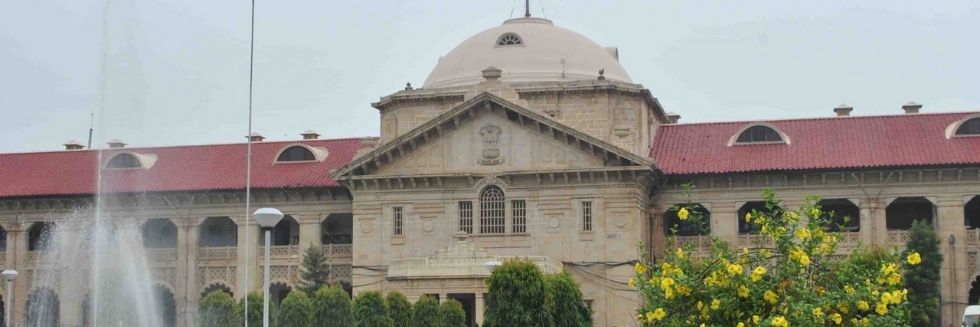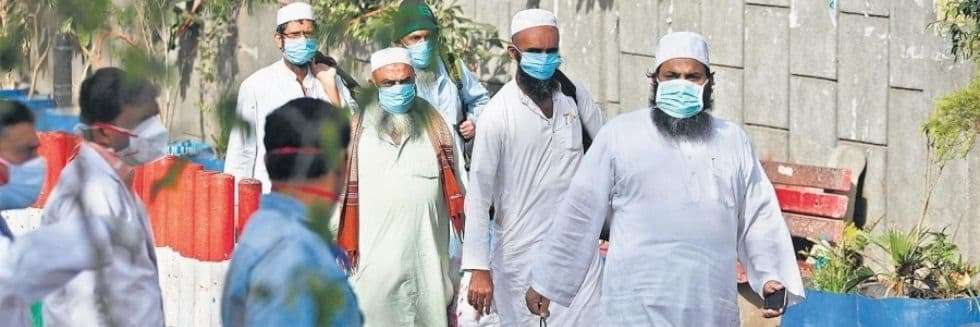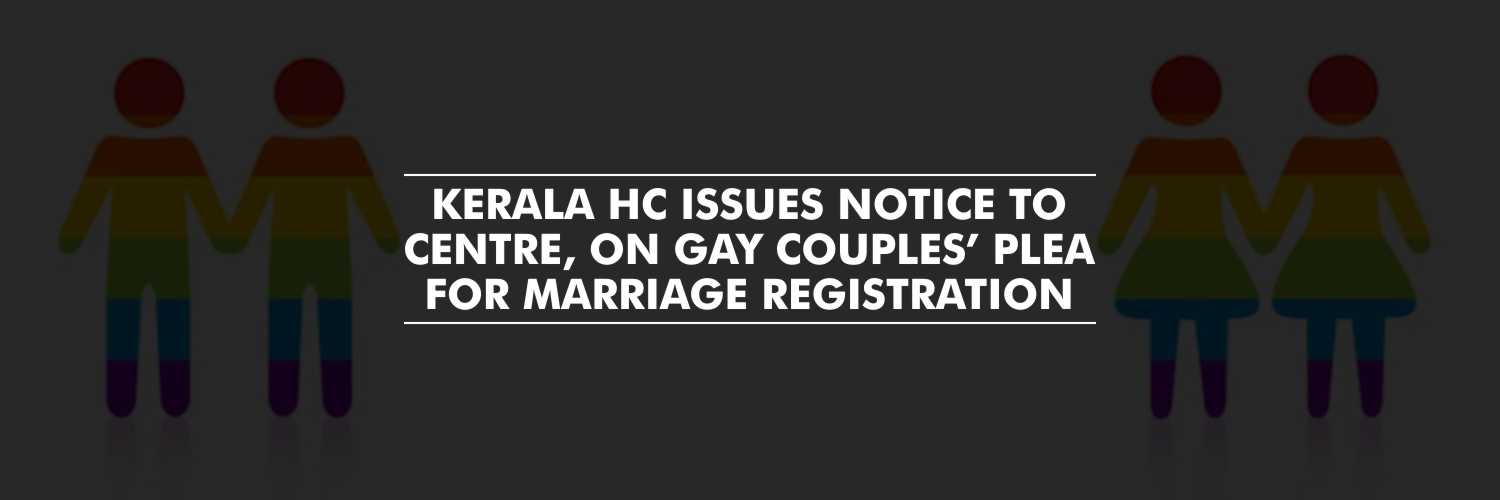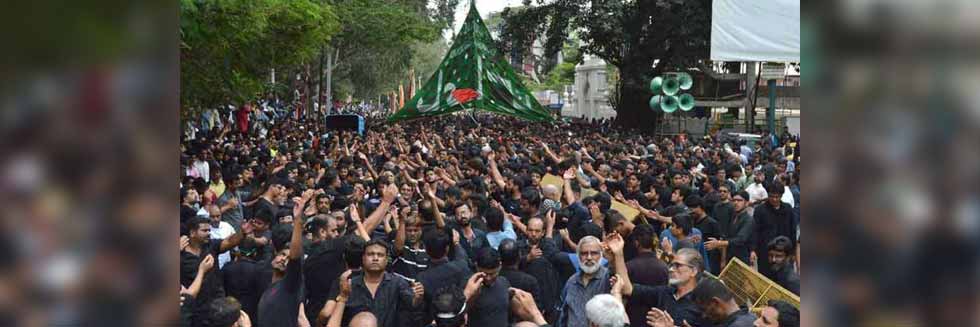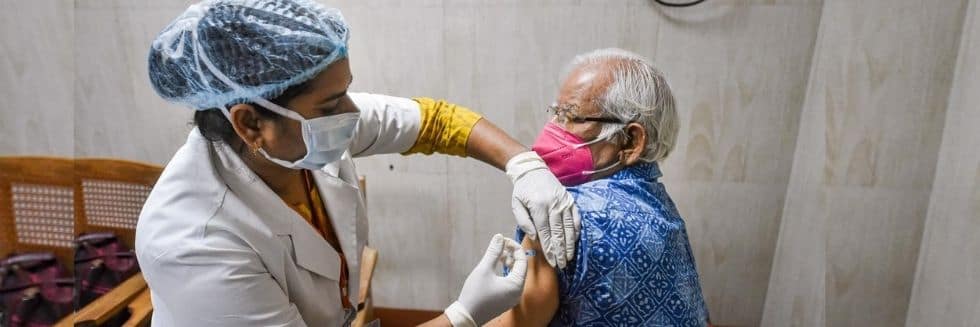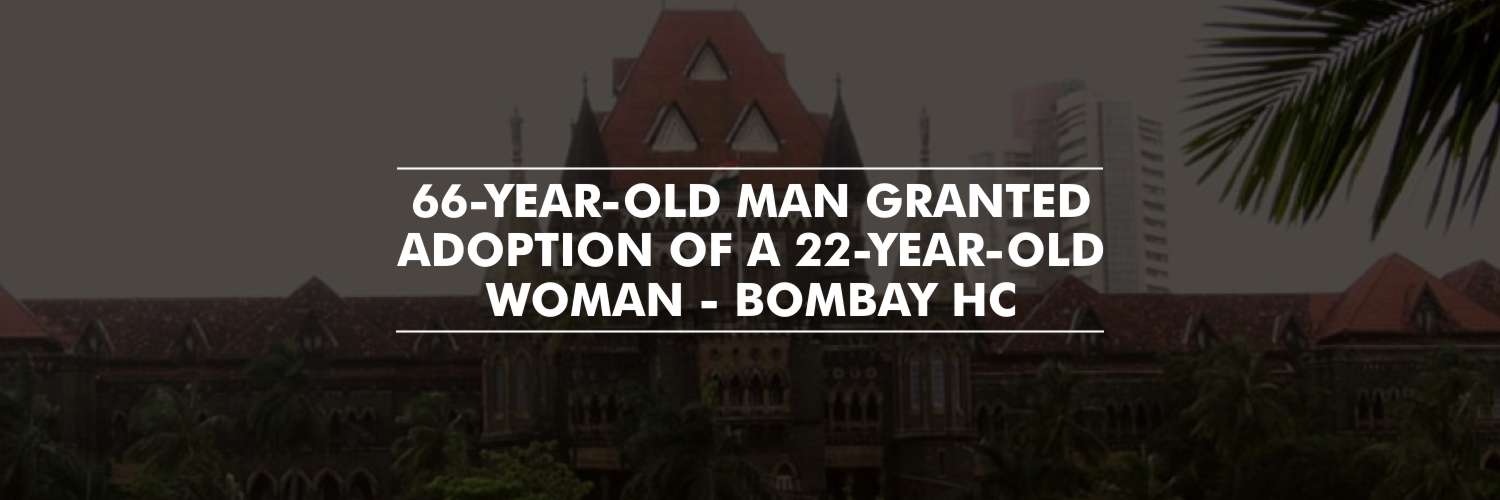Recently, the Allahabad High Court has reunited an interfaith couple i.e., a Hindu woman and her Muslim husband, while citing that the woman has ‘expressed her will to live with her husband’.
The bench comprising of Justice Pankaj Naqvi and Justice Vivek Agarwal heard a habeas corpus petition filed by one Salman alias Karan, who said that his wife, Shikha, was separated from him against her wishes by the Child Welfare Committee. He said that on December 7, his wife was sent to live with her parents by a Child Welfare Community in Etah district of Uttar Pradesh, “without any application of mind”.
The couple submitted before the court that Shikha is an adult i.e., a 21-year-old Hindu woman and that she had entered into wedlock after attaining the age of majority. Further, the woman also submitted that she wanted to live with her husband, and not her parents.
Subsequently, the court scrutinized the woman’s educational certificates and concluded that she indeed was a major. Therefore, the court said that the requirement of Section 94 of the Juvenile Justice Act, which mandates authorities to undertake the process of age determination by seeking evidence, was fulfilled. Therefore, the bench submitted that Shikha is free to move as per her own choice without any restriction or hindrance being created upon by a third party.
The court also quashed a first information report lodged against the man on the charges of abduction, after noting that the woman was an adult who married him out of her own free will.
The bench further noted that the Child Welfare Community’s decision to send the woman to her parents without confirming whether she was a minor “reflected the lack of appreciation of legal provisions”. The court then directed the investigation officer of the case, who was present in the court, to ensure provide protection to Shikha and her husband till they returned to their home.
Earlier, the Calcutta High Court also reiterated that an adult woman can marry whoever she wants to and can also convert religions if she desires to.
“If an adult marries as per her choice and decides to convert and not return to her paternal house, there can be no interference in the matter,” the Calcutta High Court observed.
